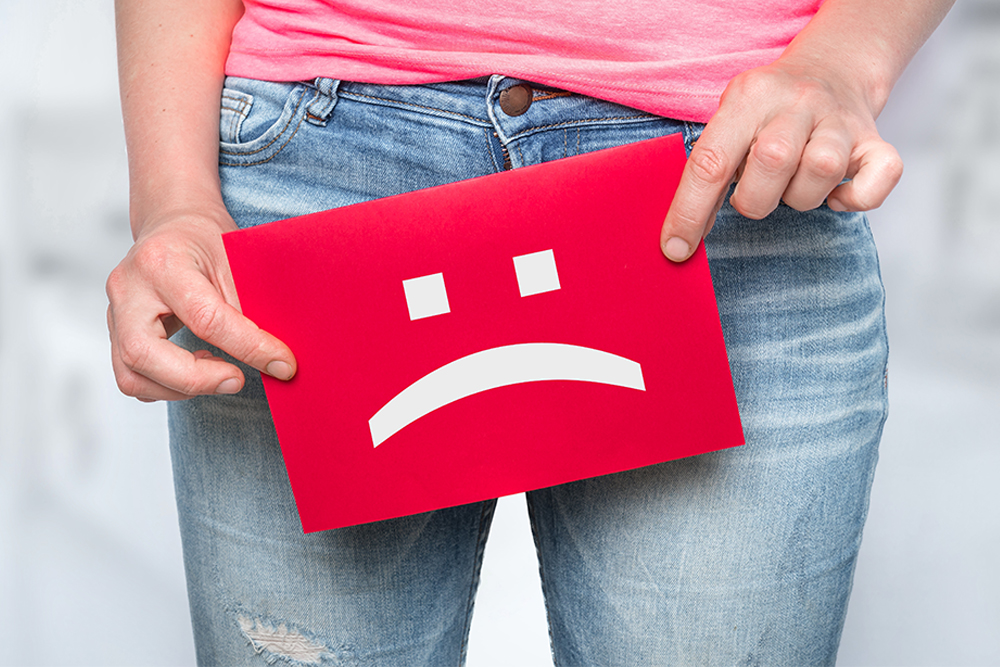
“I wish my bladder had a snooze button.”
How many of you think this at least 10 times every day? Did you just scream a YES in your head?
Well, don’t worry, you’re not alone! Many women go through this uncomfortable phase of urinary incontinence (UI) or the loss of bladder control, especially during menopause.
In fact, UI affects more than 50% of postmenopausal women. While menopause can be a chapter of your life that beautifully unfolds, Lack of bladder control is not a pleasant part of that experience, especially when you get to the point when you’re afraid to cough or sneeze. The good news is that there are steps you can take to manage the situation. But first, let’s get the facts about what causes Lack of bladder control.
What Is Lack of bladder control and What Are the Symptoms?
Raise your hand if you’ve experienced one or more of the following:
- You leak urine while coughing, sneezing, bending, or lifting.
- You have the urge to urinate and sometimes can’t make it to the toilet in time.
- You often have to get up in the middle of the night to pee.
- You wet the bed while sleeping.
Did you raise your hand for any of the above scenarios? If so, no worries you may be experiencing symptoms of losses in bladder control. Please keep reading as we explore this situation together.
Let’s start with the basics.
What Are the Different Types of Loss of bladder control?
The following are the two most common types of urinary incontinence:
- Stress urinary incontinence (SUI): This occurs when your bladder has pressure on it while coughing, sneezing, laughing or lifting, which causes urine to leak out.
- Urge urinary incontinence (UUI) or overactive bladder (OAB): This is when you feel a sudden and strong urge to pee often.
If you experience both types, it’s called mixed urinary incontinence (MUI).
What Causes Lack of bladder control?
Several situations may cause a lack of bladder control, and menopause is one of them. Now, you may be wondering why? As you enter menopause, your body undergoes a variety of changes.
One change is a decrease in estrogen levels. Estrogen plays a vital role in keeping the pelvic muscles healthy and strong, and when estrogen levels drop, the pelvic muscles can weaken. This can lead to a lack of bladder control.
What Are the Best Ways To Manage Lack of bladder control?
There are several actions you can take to deal with Lack of bladder control. The first step is to identify the cause and then address it. If menopause is the cause, some women find relief from bioidentical hormone replacement therapy (BHRT), which may improve the hormonal imbalances wreaking havoc on your bladder control.
BHRT uses “bioidentical hormones” to supplement your body’s natural supply when you aren’t producing enough on your own. Some women find that a patch or vaginal cream containing estrogen may relieve symptoms.
Don’t hesitate to contact your doctor, who can help you find the best solution for you. If you decide to try BHRT, they can write a prescription that can be filled at a compounding pharmacy like Belmar Pharmacy, which provides compounded medication customized to fit your specific hormonal needs.
Making small lifestyle changes may also help relieve symptoms. Try the following tips and see if they work for you:
- Maintain healthy body weight. Carrying extra pounds can add more pressure on your bladder.
- Practice Kegel exercises to strengthen your pelvic muscles. Tighten and release your pelvic floor muscles for a few seconds. Try to do five sets of 10 Kegels a day.
- Schedule your bathroom visits (basically, train your bladder). Regain control of your bladder muscles by scheduling bathroom breaks every hour.
- Trade high-intensity exercise for low-impact activities. According to AARP’s The Ethel newsletter, “squats or jumping can aggravate the situation by putting pressure on your pelvis.” Try low-impact activities biking and swimming.
- Watch what you drink. Cut down on alcoholic beverages or caffeinated drinks like coffee, soda and tea, which can increase bladder urgency, and lead to more trips to the bathroom.
Ladies, the bottom line is, you don’t need to freak out (in case you are) about lack of bladder control. Just remember, you’re not alone. You deserve to feel free and confident about bladder control.
Menopause is inevitable, but it doesn’t have to be uncomfortable. So, breathe in, let go of the stress, and prioritize your hormonal health. We want that for you!
